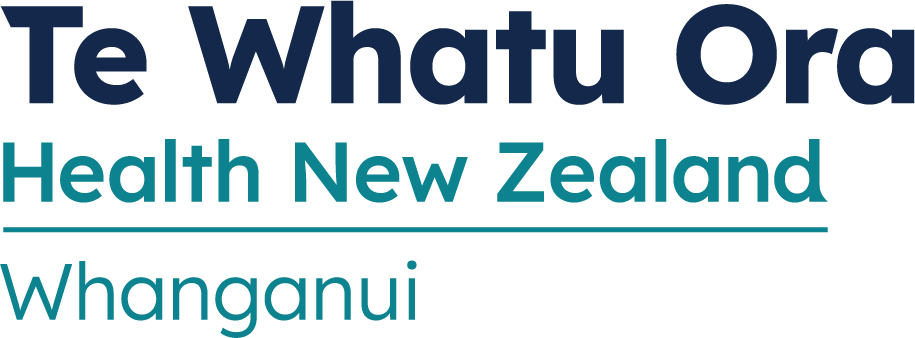
24 July 2018

Whanganui District Health Board (WDHB) is showing its support for this year’s FAST Stroke campaign (launched Sunday 22 July) by doing all it can to promote the campaign’s new message: Take action – call 111. For the last two years, FAST has stood for Face drooping, Arm weakness, Speech difficulty, Time to call 111, but this year, Time has been replaced with Take action – call 111. It’s important to note that any one of the three conditions (Face drooping, Arm weakness, Speech difficulty) can indicate that a stroke is occurring.
While many people have taken on board the main signs of stroke, the Stroke Foundation is now underlining that a stroke is a medical emergency – a brain attack – and to get help immediately. It’s a message that resonates with WDHB Acute Stroke Unit clinical nurse manager Amanda van Elswijk who says encouraging people to recognise the signs of stroke is vital - encouraging them to take action, could be life-saving.
Mrs van Elswijk says of the around 9000 New Zealanders who have a stroke every year, some don’t survive, some struggle to speak, some are never able to work again and some are not able to return home until the house is modified. For those who survive, recovery will be a long process.
“Recognising the signs can spare thousands of New Zealanders the pain and heartache of having themselves or a loved one seriously disabled for the rest of their lives,” Mrs van Elswijk says.
The word FAST is an easy way to remember the three main signs to look for - face drooping, arm weakness,
speech difficulty and noting the time this occurs to allow the patient to be thrombolysed (given a clot busting drug) within four-and-a-half hours of the stroke occurring. The need to Take action FAST and call 111 when a stroke is suspected cannot be over-emphasised.
“One of the biggest challenges to improving a person’s chances of survival and recovery after a stroke is having them diagnosed as quickly as possible,” Mrs Van Elswijk says. “While the Ministry of Health has made a significant investment in hospital stroke services, it’s important clinicians such as myself urge the public to be aware of the signs of stroke and the need to call 111 immediately.
“Taking action immediately gives a stroke patient the best chance of making a strong recovery. That’s because clot-dissolving drugs (thrombolysis) can halt and reverse the damage caused by stroke. But they must be administered as soon as possible.
“We don’t want people calling their doctor, or waiting for symptoms to pass. No matter what age the person is, please call 111 immediately and get help. It’s important to know that you’re not being a bother – the ambulance staff want to get that call.”
The three-month FAST campaign is a partnership between the Stroke Foundation, Health Promotion Agency, and the Ministry of Health. More information about FAST can be found at www.stroke.org.nz. The campaign follows recent research by Otago University predicting a sharp rise in stroke cases over the next decade, unless better prevention measures are put in place. We really don’t want those forecasts to become a reality – we want people to lower their stroke risk by living healthy, active lives and make sure those predictions don’t come true. It’s not too late,” Mrs Van Elswijk says.



